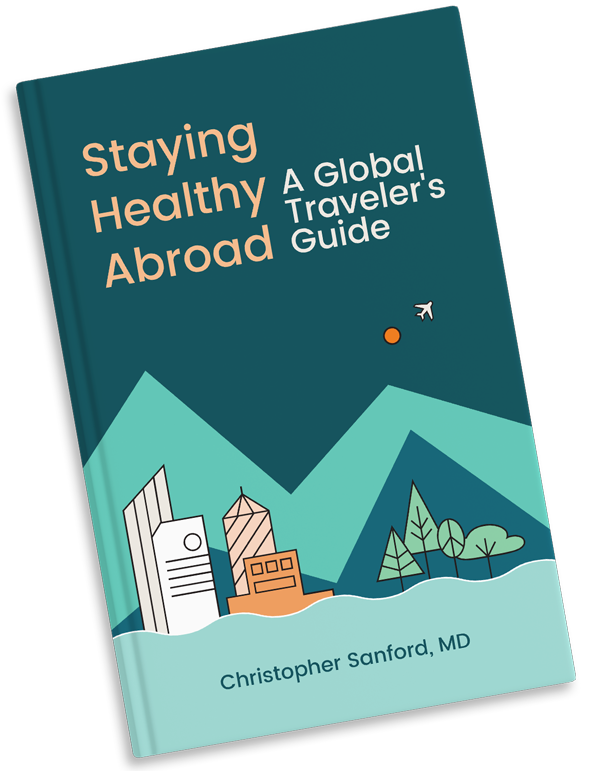Melatonin, a hormone produced by the brain’s pineal gland, has a key role in regulating the sleep-wake cycle.
Melatonin secretion has a marked circadian pattern: nocturnal plasma concentrations are at least ten-fold higher than daytime levels. Its production is suppressed by bright light.
A Cochrane Review meta-analysis of studies on melatonin and jet lag found that its use is both safe and effective. Side effects appear to be rare. Headache, confusion, and fragmented sleep may occur.
Melatonin is categorized in the US as a dietary supplement, and is not regulated by the FDA (US Food and Drug Administration). A downside of this is that the amount of melatonin in a capsule may be significantly different than that stated on the label.
Most researchers recommend relatively low, physiologic doses of melatonin (0.1-0.3 mg/day for insomnia, 0.3-0.5 mg/day for jet lag). Some researchers recommend higher doses of 3-5 mg/day. More research is needed to establish the safety of long-term use.
For jet lag, melatonin should be started on the evening of arrival (close to target bedtime), then continued for up to five days.
Jet lag tends to be more severe when traveling eastward, and milder when traveling westward, as the body’s natural circadian rhythm has a tendency to stretch out to longer than 24 hours. Melatonin is particularly helpful when traveling eastward over move than 5 time zones.
References
Goldstein, Cathy A. Jet lag. UpToDate. Updated 28 February, 2018.
Wurtman, Richard. Physiology and available preparations of melatonin. UpToDate.

Subscribe to my newsletter and get your FREE taste of Doctor Travel’s Staying Healthy Abroad.
By subscribing you agree to the Terms of Use and Privacy Policy.

Subscribe to my newsletter and get your FREE taste of Doctor Travel’s Staying Healthy Abroad.
By subscribing you agree to the Terms of Use and Privacy Policy.


